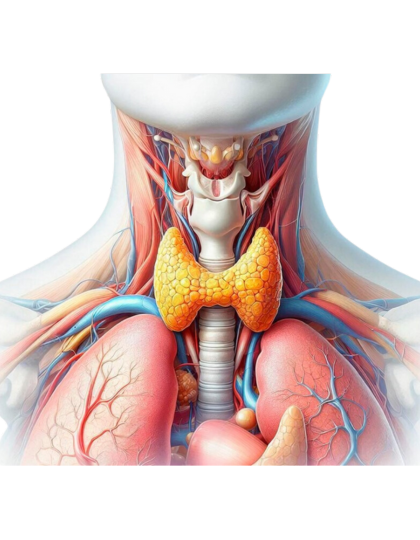Endocrinology
The Endocrinology Department is a specialized branch of medicine dedicated to the study and management of hormone-related disorders and metabolic conditions. This department plays a crucial role in diagnosing and treating a wide range of endocrine issues, including diabetes, thyroid disorders, and adrenal gland abnormalities. Endocrinologists utilize advanced diagnostic tools and techniques to assess hormonal imbalances and metabolic dysfunctions, ensuring personalized care for each patient. With a focus on preventive care and education, the Endocrinology Department emphasizes lifestyle modifications and routine monitoring to help patients achieve optimal health. By collaborating with other healthcare professionals, endocrinologists provide comprehensive care that addresses both acute and chronic conditions, making the department essential for promoting endocrine health and overall well-being.



